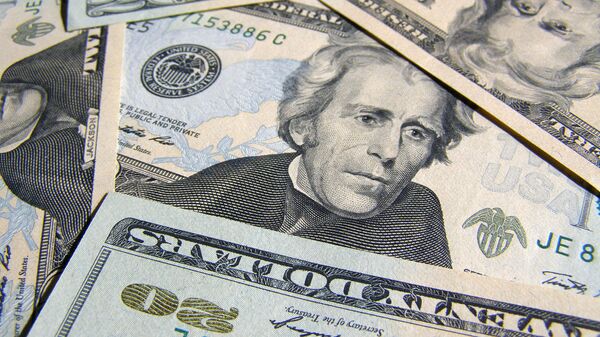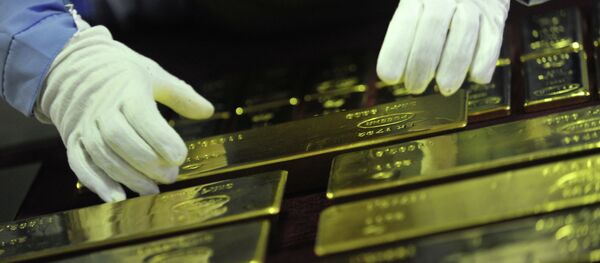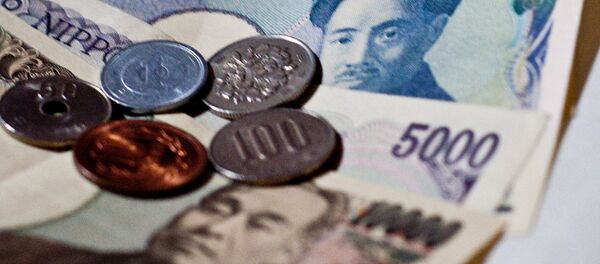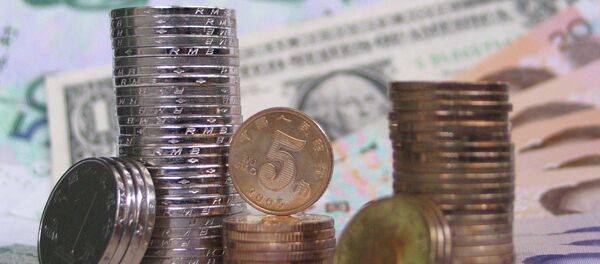Kristian Rouz – After a year of gains, propelled by the expectations of the US Fed’s base interest rate increase and the weakness in most of the world’s currencies, the greenback is at about its highest value before the Fed finally moves to raise borrowing costs in September.
Although the apocalyptic forecasts and expectations of an imminent collapse of the US currency are all but far-fetched, it is fair to say that a rise in the base interest rate, if it comes in September, will trigger some market correction, including that in US dollar trading.
As US borrowing costs rise, a decreased effective demand for US currency-denominated monetary liquidity is an essential consequence.
Amidst a lower demand for the dollar, its value will inevitably lose some ground. What is important here is to understand the right time to sell before being affected by the correction of the dollar’s value, and also the scope of the potential greenback’s retreat – though hardly significant, but biting.
The current situation is slightly different, though. The greenback rallied over the past 12 months, adding more than 30% during the period due to the combination of both domestic and overseas factors. Simple calculations might suggest a 20% dollar slump straight after the Fed hike, but there is more to the situation.
The Bloomberg Dollar Spot Index, tracking the greenback against its 10 major peers, only rose 6.8% this year, suggesting most of the dollar’s strength is attributed to the weakness elsewhere instead of the dollar’s sudden strength.
Previously, the yearly scale of the Fed’s rate increase totaled 2.25%, while this time around the regulator is more dovish, promising only an increase of 1.625% in US borrowing costs by late 2016 (more than a year will have passed by then). The recent devaluation in mainland China’s renminbi may even prevent the Fed from the anticipated September increase.
At this point, market participants are predicting a 46% probability of a September hike, the anticipated tightening scope is at 0.375%. The Fed announcement will be the trigger to the dollar’s sell-off.







